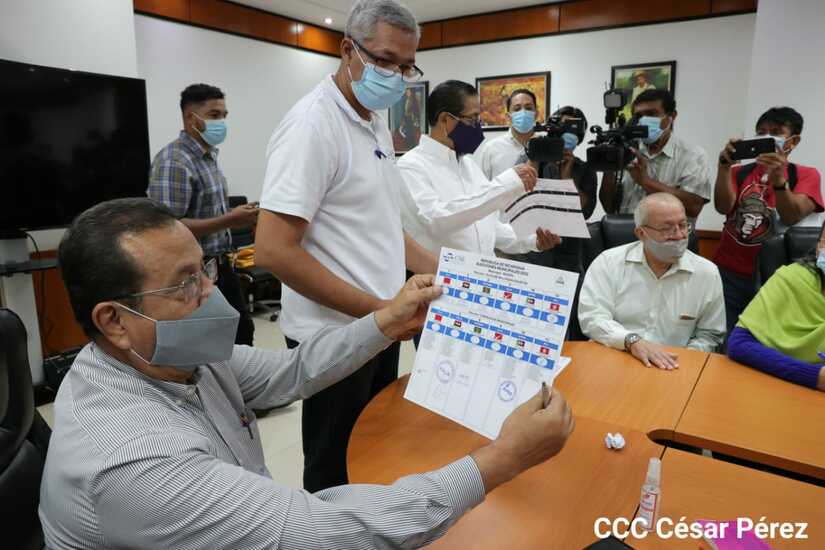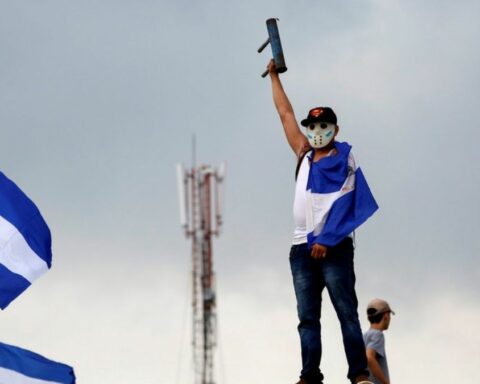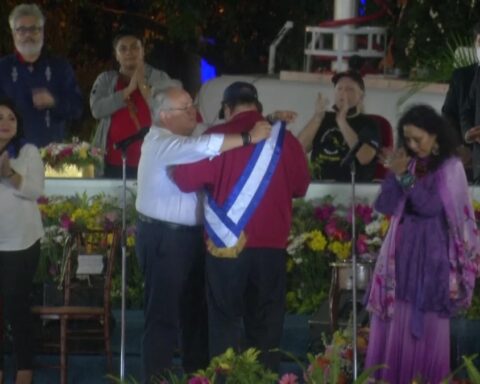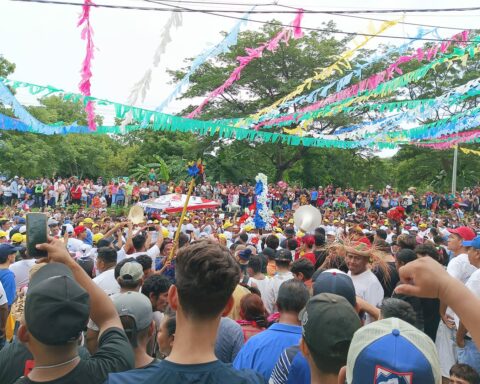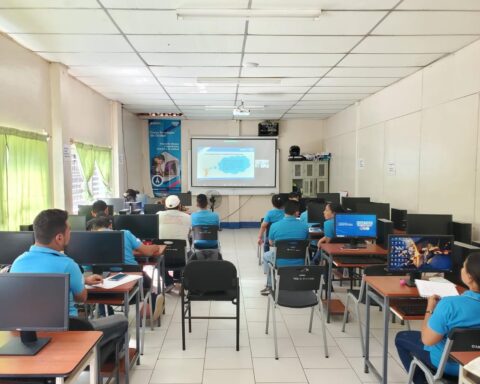The Ortega Supreme Electoral Council (CSE) continues its route for the disputed municipal elections next November. Following their electoral calendar, the political parties, identified as collaborators of the Sandinista National Liberation Front (FSLN), met this Friday, September 30, to “review and approve” the electoral ballots that will be used in the Vote Receiving Boards ( JRV).
Before the announcement of the CSE, the organization Urnas Abiertas (UA) denounced that the Electoral Power has not accounted for the cost of contracting ballots in its Annual Contracting Plan, which must be published each year according to the Administrative Contracting Law of the Public Sector.
Related news: CSE eliminates more than 750 thousand voters for the municipal elections
«In July the company Inpasa started production. Unofficially, it is known that contracting for electoral ballots is carried out through a simplified contracting process, a process used under special circumstances”, explained Urnas Abiertas.
For these votes, the CSE eliminated 5,528 Vote Receiving Boards (JRV) with a swipe for the municipal votes on November 6. For these elections, it will only enable 7,931 JRV, while in the national voting last year it had 13,459, according to the Electoral Power in its Web page.
The number of Voting Centers (CV) will be the same as the national elections of 2021: 3 thousand 106, last year it had already reduced the CVs by 1 thousand 202 less than in the municipal elections of 2017.
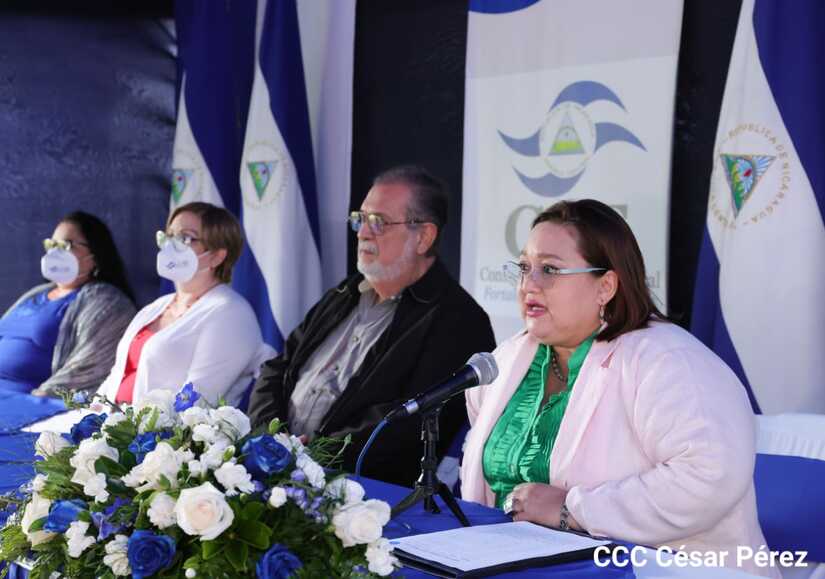
This year the Electoral Register is made up of 3 million 722 thousand 884 citizens, a figure much lower than the 4 million 478 thousand 334 voters for the 2021 elections: 755 thousand 450 people eligible to vote taken out of a pit by the dictatorship, according to the documentation that the CSE delivered to the political parties.
The disputed municipal votes will cost Nicaraguans 31.1 million dollars. 40% of that total is earmarked for the payment of electoral campaign expenses to political parties, the most benefited would be the FSLN due to the high percentage of votes assigned to it by the CSE.
The electoral court is accused of executing and directing an “electoral farce” in which the Sandinista National Liberation Front (FSLN) is expected to gain absolute control of the country’s 153 mayoralties.

